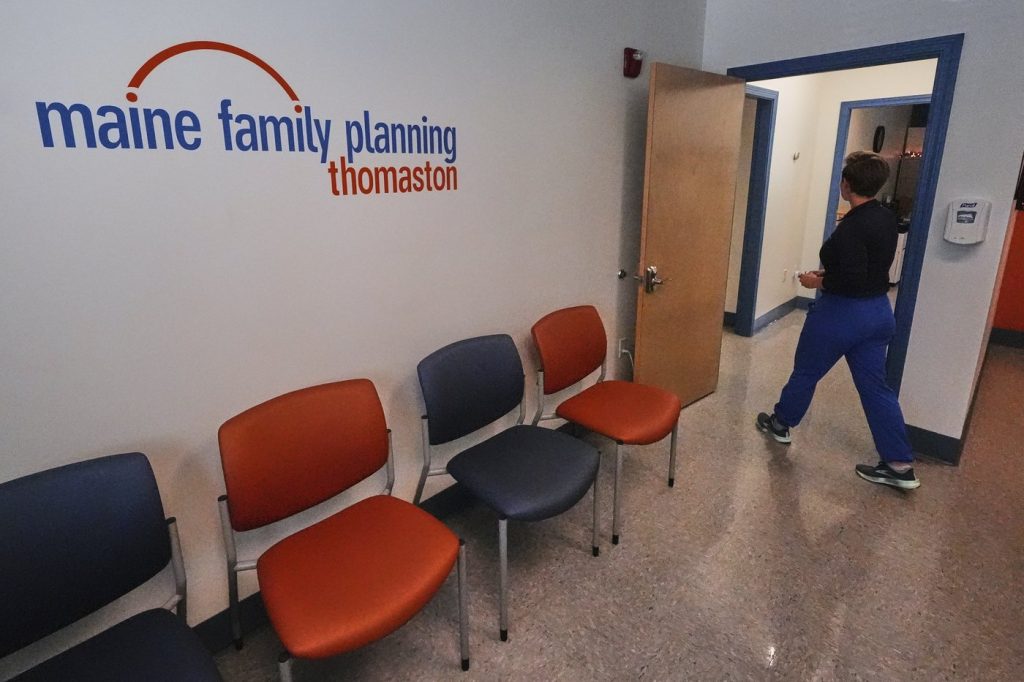PORTLAND, Maine (AP) – A network of health care clinics in Maine, known as Maine Family Planning, is scheduled to request a judge's intervention on Thursday to restore its Medicaid funding while it contests a Trump administration initiative designed to restrict federal funds from being allocated to abortion providers.
The policy and tax legislation enacted by President Donald Trump, referred to as the "big beautiful bill," effectively prohibited Medicaid funds from being distributed to Planned Parenthood, the largest abortion provider in the United States. This legislative move also adversely impacted Maine Family Planning, a smaller organization that delivers essential health care services in one of the poorest and most rural states in the Northeast.
On a previous occasion, Maine Family Planning filed a federal lawsuit aimed at reinstating its reimbursements. Legal representatives for the organization argue that its 18 clinics offer crucial health services across Maine, including cervical cancer screenings, contraception, and primary care to low-income residents. They emphasize that the funding cuts were imposed despite the fact that Medicaid funds were not being utilized for abortion services.
According to Maine Family Planning, the loss of Medicaid support would compel the organization to cease providing all primary care services to patients, regardless of their insurance status, by the end of October. Approximately 8,000 patients rely on the network for family planning and primary care services. The organization highlighted that many of its clinics serve extremely rural areas where alternative health care providers are scarce, with around 70% of their patients depending solely on MFP services and not visiting any other health care provider within a given year.
In court documents, Anne Marie Costello, deputy director for the Center for Medicaid & CHIP Services, characterized the request to restore funding as “legally groundless” and asserted that it “must be firmly rejected.” Costello criticized the core of Maine Family Planning's claim, arguing that it attempted to revive an “invented constitutional right to abortion” that the Supreme Court had previously dismissed. She contended that this legal challenge pertained to federal funding disputes, rather than legitimate concerns regarding health care access.
While some advocates have focused on cutting Medicaid funds for abortion providers specifically targeting Planned Parenthood, the legislation in question did not name the organization directly. Instead, the bill aimed to restrict reimbursements for entities primarily engaged in family planning services, encompassing a range of services including contraception, abortion, and pregnancy testing, which collectively received over $800,000 from Medicaid in 2023.
In 2017, an attempt to defund Planned Parenthood was thwarted by the U.S. Senate's parliamentarian due to the stipulation that the defunding would solely affect organizations that secured more than $350 million annually in Medicaid funds. Maine Family Planning, meanwhile, claims that the threshold for funding cutbacks has now been lowered to $800,000 to ensure that Planned Parenthood is not the only organization impacted by these changes.
To date, Maine Family Planning remains the only other organization that has publicly indicated its funding is jeopardized as a result of this policy shift. The broader implications of restricting Medicaid funding for reproductive health services raise significant concerns regarding access to essential healthcare in rural and underserved communities.











